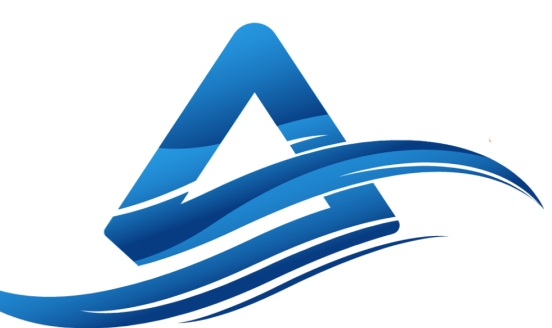In the ever-evolving realm of education and learning, where details streams abundantly and accessibility to understanding is just a click away, student-driven encyclopedias are emerging as a dynamic device in the knowing process.

These platforms not just provide pupils with a repository of information but likewise urge them to contribute, modify, and curate material, fostering a collective and interactive learning environment.
As educational standards change in the direction of even more participatory and comprehensive versions, the principle of student-driven encyclopedias embodies this improvement. These platforms empower trainees to come to be active participants in expertise production, linking the void in between traditional book learning and modern electronic sources.
The Principle of Student-Driven Encyclopedias
Student-driven encyclopedias are electronic platforms where trainees jointly collect, verify, and distribute details on a broad range of topics. Unlike conventional encyclopedias, which are usually written by professionals, these systems leverage the collaborative efforts of students to develop a comprehensive body of understanding.

At their core, student-driven encyclopedias are made to cultivate vital reasoning, study abilities, and electronic literacy among pupils. By engaging in the procedure of content creation, trainees learn to navigate and assess information seriously, abilities that are important in today’s information-rich culture.
Additionally, these systems function as a room for pupils to discover their rate of interests and share their expertise. This autonomous strategy to knowledge production guarantees that a varied variety of perspectives and voices are represented, enhancing the finding out experience for all participants.
- Students obtain hands-on experience in study and material creation.
- Motivates cooperation and peer communication.
- Promotes a deeper understanding of subject.
- Fosters inclusivity and variety in understanding representation.
In essence, student-driven encyclopedias transform trainees from passive receivers of details right into energetic factors, instilling a feeling of possession and responsibility in their instructional journey.
Advantages of Student-Driven Encyclopedias
One of the primary benefits of student-driven encyclopedias is the growth of crucial 21st-century abilities. As trainees take part in the procedure of web content creation, they refine their essential reasoning, digital proficiency, and interaction skills, all of which are important in today’s interconnected world.
In addition, these platforms urge a collaborative understanding atmosphere, where trainees can interact to confirm details, dispute different point of views, and co-edit short articles. This peer-to-peer interaction not just boosts discovering results student-driven encyclopedia yet likewise promotes a sense of neighborhood and mutual regard among students.
Moreover, student-driven encyclopedias provide a system for showcasing pupil job. As pupils contribute to the encyclopedia, they build a portfolio of their research study and writing, which can be invaluable for additional academic and specialist pursuits.
Challenges and Limitations

Despite the numerous advantages, student-driven encyclopedias additionally encounter particular obstacles. Making certain the precision and dependability of info is paramount, as these platforms rely on contributions from students who might not yet possess expert-level expertise.
- Keeping material quality and accuracy.
- Offering appropriate supervision and assistance.
- Making certain fair accessibility and inclusivity.
To mitigate these challenges, several student-driven encyclopedias implement a system of checks and equilibriums, where web content is reviewed by educators or specialists before magazine. This ensures that the information offered is both exact and reliable, supporting the honesty of the platform.
The Future of Student-Driven Encyclopedias
As innovation remains to advance and the landscape of education advances, the capacity for student-driven encyclopedias is substantial. These systems have the ability to not only complement conventional instructional resources yet also redefine the way understanding is acquired and shared.
In the future, we may see student-driven encyclopedias integrating more advanced modern technologies such as artificial intelligence and artificial intelligence to boost material curation and personalization. In addition, they may increase past textual info to consist of multimedia content, offering a more immersive understanding experience.
Empowering the Future Generation
Student-driven encyclopedias hold the pledge of empowering the next generation of students. By putting pupils at the helm of knowledge production, these platforms motivate long-lasting learning, interest, and intellectual self-reliance.
Finally, as educational systems remain to introduce, student-driven encyclopedias stand as a testimony to the power of cooperation and the relevance of pupil agency in the knowing process. By accepting these systems, we open the doors to a more inclusive, engaging, and dynamic academic experience for all.


